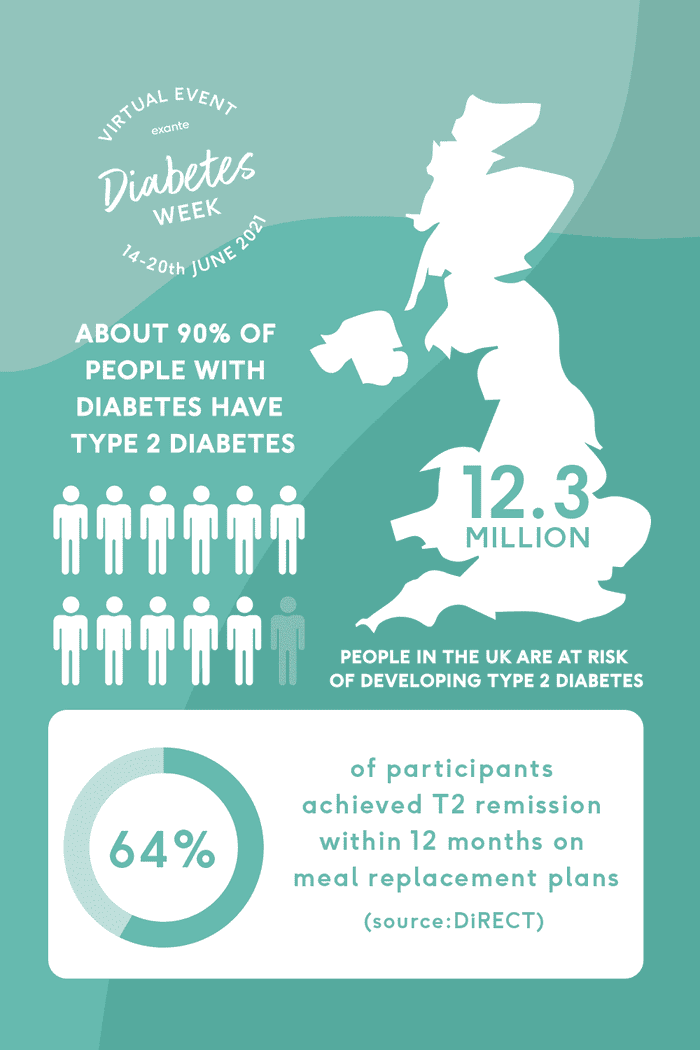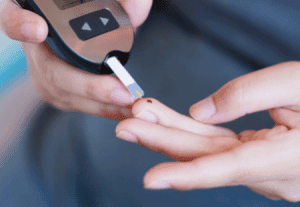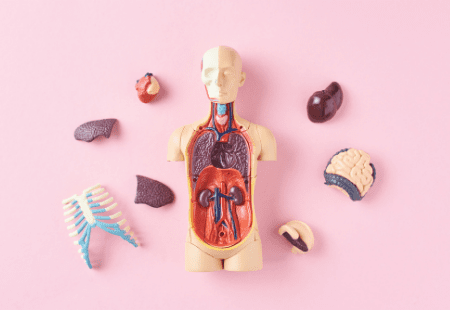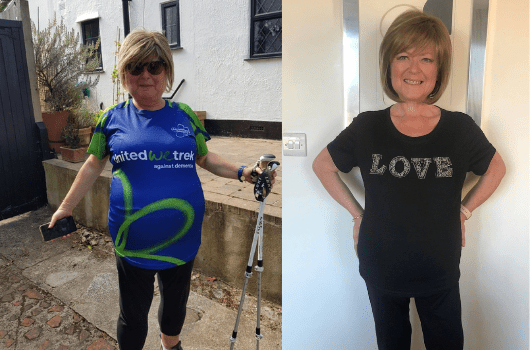
In light of Diabetes Awareness Week 2021, we wanted to shed some light on what Type 2 Diabetes actually is, what happens to your body, and how exante can help prevent diabetes. In some cases, exante diet plans have put diagnosed diabetes into remission. Read on to find out how!
What is Type 2 Diabetes?
There are different types of diabetes. The most common types are Type 2 (affecting 90% of cases) and Type 1 (around 8% of cases) [1]. Type 1 is an autoimmune condition whereby the beta cells in the pancreas - the little guys that make the insulin - are destroyed. No insulin is produced and therefore must be taken in order for the body to process glucose. There is no way to prevent or cure this condition [2].
This blog post, however, will focus on Type 2 Diabetes for the UK’s Diabetes Awareness Week. Type 2 Diabetes is a long-term condition which can often be prevented by making diet and lifestyle changes. There is now increasing research showing that Type 2 Diabetes can sometimes be put into remission, which means that the diabetes can essentially be reversed, but there’s always a chance it can return in the future [3].

First, let's look at how the body works in an individual with no diabetes...
In a healthy individual, when carbohydrates are consumed, the body breaks them up into a simple sugar, known as glucose. Glucose enters the bloodstream and once the pancreas identifies this increase in blood glucose, the beta cells within the pancreas start to produce insulin. Insulin works by signalling to the cells in the body to take up the circulation glucose in the blood. When glucose enters the cells, the less glucose there is circulating the blood stream, meaning blood glucose (or blood sugar levels) decreases and returns to normal.
In Type 2 Diabetes, a few things happen...
After some time, the cells of your body become less sensitive (aka insulin resistance) to insulin. This means the cells are less able to take up the glucose, which means glucose continues to accumulate in the blood stream. Therefore, the blood glucose remains high.
When the blood glucose levels continue to rise, your beta cells have to work harder to produce enough insulin to meet demand. Eventually, the beta cells will tire out and stop working as well. Since diabetes is a progressive disease, they’ll eventually stop working. Remember, the beta cells are responsible for producing the insulin needed to help move the glucose into the body’s cells. So, the more weakened the beta cells, the less insulin they produce. The less insulin available in the body, the more glucose accumulates in the blood stream.
Elevated levels of blood glucose over a long period of time can interfere with all systems of the body and lead to further health complications such as kidney and liver failure, nerve damage, blindness, and poor circulation to legs and feet. This is why it’s really important to regularly check your feet if you’ve been diagnosed with diabetes [4].

Symptoms
Symptoms of type 2 diabetes don't always make you feel unwell, that's why there are still many people don't realise they have it.
Some common symptoms include:
Needing to pee more frequently
Feeling thirsty very often
Feeling tired
Unexpected weight loss
Burry vision
Recurring thrush and genital itching
Who is at risk?
A few things determine your risk of developing type 2 diabetes:
Being over the age of 40
Being over the age of 25 for those of South Asian descent
Being overweight of obese
Having close family with a diagnosis of diabetes
So, how can exante diet help with Type 2 Diabetes management?
exante diet plans can help in the prevention of type 2 diabetes, and they can also help with achieving diabetes remission.
In many cases, type 2 diabetes can be prevented by changes to diet and lifestyle [5]. Our diet plans can help you achieve a healthy weight and maintain it, which has been shown to be important in the prevention and management of diabetes.
New studies have found that in some cases, people who are overweight or obese and have recently been diagnosed with type 2 diabetes are able to put their diabetes into remission through a specific diet plan that uses Total Diet Replacements (TDRs) to help them achieve rapid weight loss [6].
Yet to be convinced? Read more about how people are using exante to put their Diabetes into remission...
How does the diabetes VLCD plan work?
exante's T2 Diabetes VLCD comprises of 2 phases:
In Phase 1: Weight loss, you follow an 800 calorie a day diet plan. This means you can either consume 4 exante meal replacements a day, or have 2 exante meal replacements plus 1 healthy, low calorie, low carb meal.
In Phase 2: Stabilisation, you start to reintroduce food. You’ll follow a diet plan of 1200 calories a day. You’ll consume 2-3 exante products, plus 1 healthy snack and 1 healthy meal per day.
exante's T2 Diabetes VLCD Plan is based on extensive, cutting-edge research. A number of recent studies, including DiRECT, carried out by Professors of Medicine at Newcastle University, reveal a strong link between Very Low-Calorie Diets (VLCDs) and Type 2 Diabetes Remission, as well as benefits to blood cholesterol and blood pressure [7]. The list goes on.
For more information on getting started on your diabetes management journey with us, check out our Type 2 Diabetes Reversal Diet Plan. We also have exclusive discounts for customers with diabetes.
Please remember to speak to your doctor or health care professional before embarking on any weight loss journey.
- Diabetes statistics | Professionals | Diabetes UK
- Type 1 diabetes | What it is and what causes it | Diabetes UK
- NHS England » New NHS treatment helps Bev put Type 2 diabetes into remission
- Type 2 diabetes | What it is and what causes it | Diabetes UK
- NHS England » NHS Diabetes Prevention Programme (NHS DPP)
- NHS England » Low calorie diets to treat obesity and Type 2 diabetes
- Direct Trial (directclinicaltrial.org.uk)










